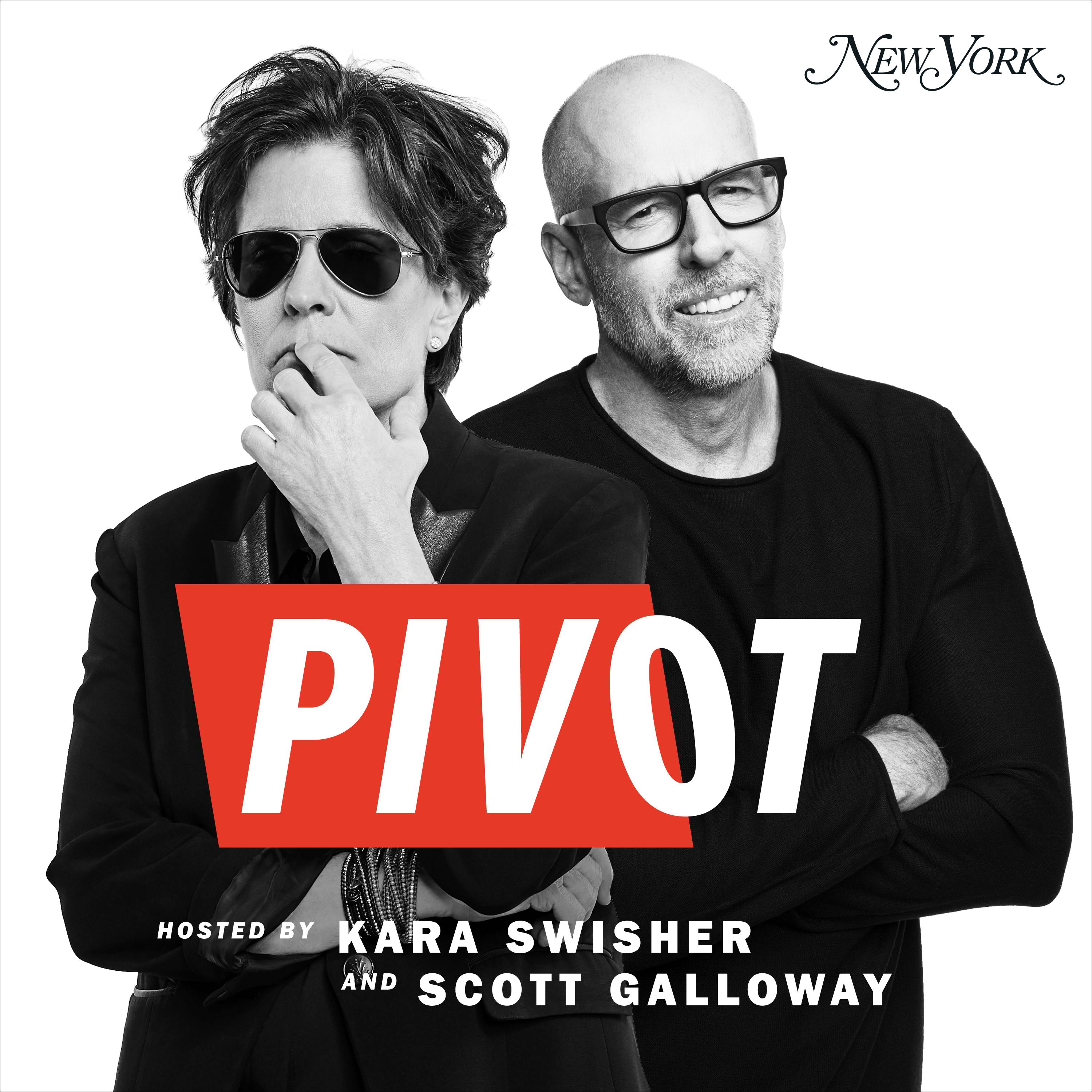PortalsOS
Related Posts
Vote to see vote counts

Tesla's stock is often seen as overpriced because many don't understand the long-term potential of its AI and robotics initiatives.

Despite skepticism about the feasibility of OpenAI's deals, Broadcom's market value surged by $150 billion following the announcement, driven by excitement over AI and data centers.

The current startup environment is characterized by a herd mentality, with many investors making indiscriminate bets on AI companies.

Over 80% of the stock market gains in 2025 are from a few AI-related companies. This is not a sustainable economic model, as these companies are essentially trading among themselves.

NVIDIA is transitioning from being a graphics chip company to an AI company, with its stock value increasing significantly as AI becomes a larger use case.

Meta is investing billions into developing a new platform combining display glasses and AI, believing it to be the future of technology. They are motivated to create a product that seamlessly integrates into everyday life.

OpenAI is likely to become the next multi-trillion dollar hyperscale company, similar to Meta and Google.
The AI bubble remains large but hasn't popped. Companies like OpenAI are selling a high-margin story while hoovering capital cheaply and investing in infrastructure, which may not depreciate as fast as expected.

The market is rewarding AI investments, but there's skepticism about the long-term economic sense. The real question is whether these investments create long-term liabilities that hinder future profitability.
Investing in OpenAI before it becomes a multi-trillion dollar company is a smart move, given the potential returns in the AI space.